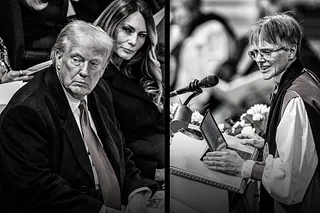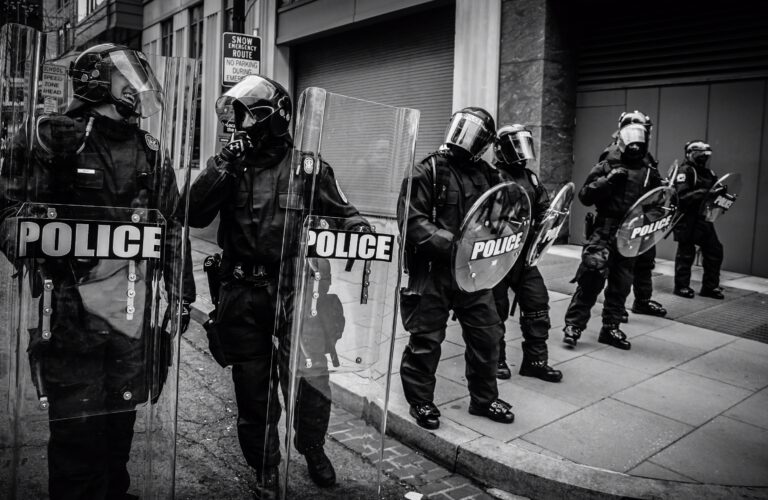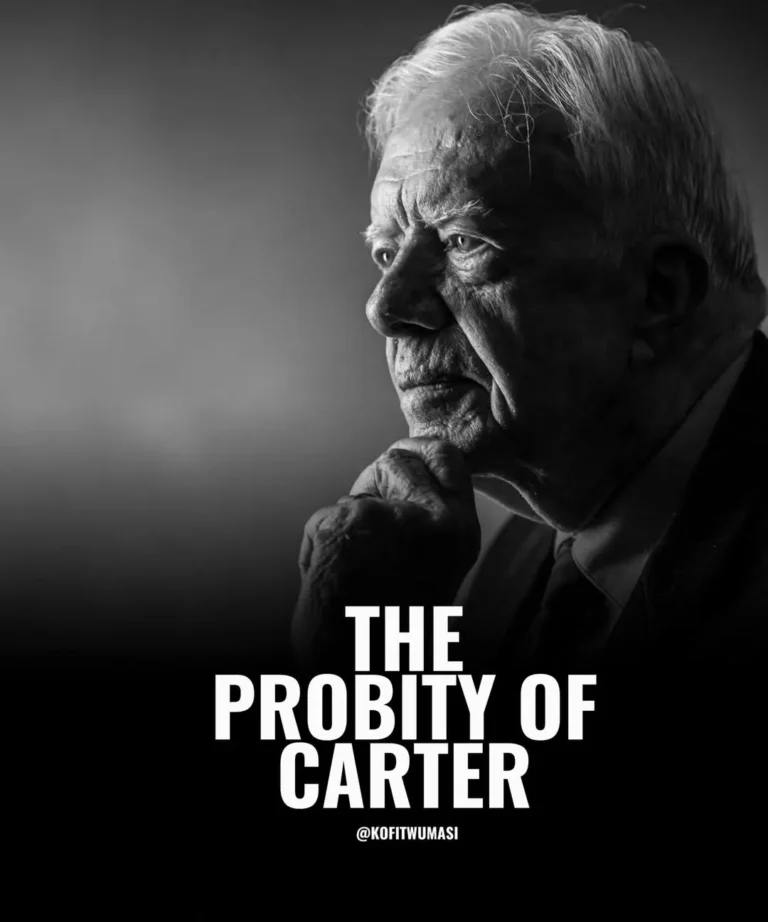A polished aesthetic of agitation is not always seeded with the potency necessitated to stir the human element to chart a course anew.
A naked-bare agitation (while not conceivably savory) must be invoked when the metaphysical adjudication of mercy, guilt, and justice necessitates a cautionary charge toward the managerial class, to mediate on high-voltage gambits of social profundity (with scrupulous introspection)—to steward the welfarism of a singular human faction before it is curbed or expanded.
The Bishop’s (Mariann Budde) chided transgression of a nebulous exposition of mercy—is a deceptive stylization; rather, it is the false eisegeting by outgroup partisanship, which has warped the Bishop’s acute high-sounding admonition of mercy.
Bishop Budde’s laid-bare agitation was steeped in a fashioning of mercy, to invoke the managerial class not to steward the ostensible stains of the migrant debacle (among other social gambits) with retribution—but with the zeitgeist of restorative justice.
The Bishop’s sentiments were not superficially flowered in her femininity (empathy innate in women), but underpinned on the whims of an adherence to the prophetic prism of forth-telling.
In the ecology of the profane, an ethereal piety to the celestial must translate into a semblance of civil disobedience that beckons its rulers to wrestle with the underpinnings—and not with the symptomatic trinkets of a milieu’s morass.
To wit, the foreign policy architecture of imperialism, intermeddling, and neo-colonialism, are part and parcel of the chronic transgressions of America, that have broached the migrant odyssey; simultaneously, the levers of racism and classism have made the guise of immigration a mere veneer, to winnow a select guild of persons, from the terrains of the northern hemisphere.
The gestated migrant crises are only a stark retort to the malice aforethought policies that warrant placing the onus of mercy in America’s corridor, to mete and contemplate a panacea that breeds equity for all.
The sacredness of a creed of any faith persuasion, when alchemized into dialogue in the carnal milieu, must convey a principled ethos of equity—even if an ethereal persuasion has its idiosyncratic notions for in-group membership: The lexical core of equity for all must be the transmitted unifying message (from a faith persuasion) in the public square to valorize the sovereignty of the demos.
The Bishop’s sentiments were not an ideologue of fundamentalism; it was a summoned call for the natural law of rationality—mitigated with mercy, to be the arc of rumination by the elected regime.
Bishop Budde was nudging the leaders of Washington not to be ahistorical, but to be sagacious, by upholding a mirror of introspection—to put America’s inequities into a contextual manner, in relation to the migrant crises it has self-inflicted.
Social agitation is not immune from a paired relation to a provocative discourse, with the managerial class in the corridors of a parish.








